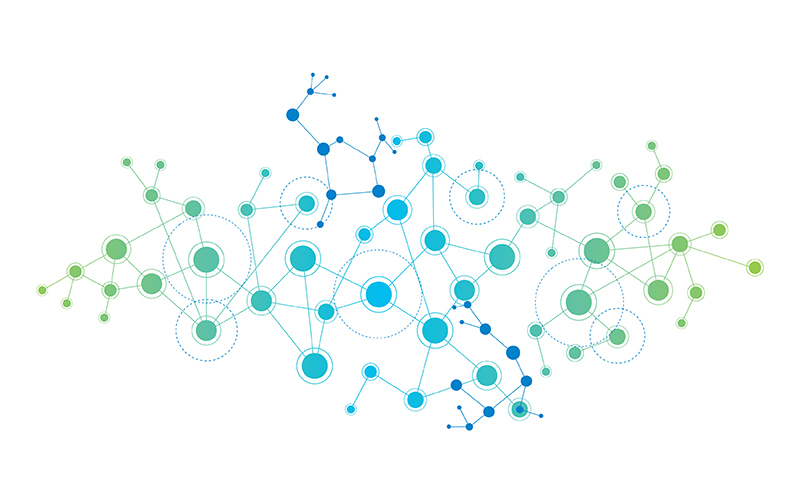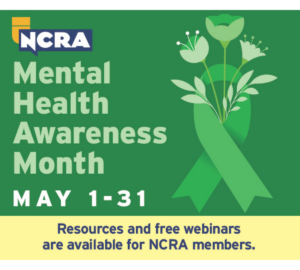
By Megan Rogers
It’s important to build a network of colleagues and peers for advice, referrals, and support. But don’t limit your networking to only people with your same job. Especially if you’re a freelancer or firm owner (but even if you’re employed), it’s smart to develop relationships with people in client industries, parallel industries, and non-related industries.
Who to network with
Client industries: Your clients are the ones who hire for your services, but think beyond the obvious answers. There may be potential clients you’re not thinking of. Also, to identify your clients, you need to determine what, specifically, you specialize in.
If you’re an employee, think of the people who receive or are involved with your services as your clients. For example, if you’re an official, this might be a judge or court administrator.
Parallel industries: People in parallel industries do work that aligns with yours and who may have similar clients. For example, court reporters and legal videographers or captioners and sign language interpreters are in parallel industries.
Non-related industries: While steno is a unique skill, many of the other skills that court reporters and captioners need to develop are not, such as grammar, business, or technology skills. Getting to know people in non-steno-related industries, but who still have something in common with you, can expose you to new ideas that can help you professionally.
Where to meet people outside of your industry
The best way to meet people is to go where they go.
Go to their professional development and networking events: What are the associations that represent your clients? Attend their national or regional events and conferences or go to chapter social events.
Find local networking groups: Search on Meetup.com for a group, such as fellow freelancers, videographers, accessibility advocates, and more. Join a local Toastmasters International chapter or something similar.
Ask for introductions: Maybe your cousin’s neighbor is a paralegal, someone in your book club teaches English at the local college, or you have a current or former client or coworker who’s well-connected. Ask for an introduction and then an informal meeting, such as a coffee date.
Why to network outside of your industry
There are three important reasons why networking outside of your industry can help you professionally.
1. Build trust by connecting one-on-one with the people who will give you business: Just like you can get referrals from your peers, professionals in client or parallel industries can also give you referrals. People are more likely to hire someone they know than someone they’ve only heard of (or at least go to them first), so get to know the people who do the hiring for your services. Also, it’s good for you to have parallel professionals you can refer. If you’re hired for a depo, your client may ask if you know any legal videographers — having a list of professionals you trust makes for good customer service.
If you’re an employee, building your network will help if you ever need or want to change jobs or if you want to find more ways to grow professionally.
2. Learn more about what your clients care about: When you talk to people outside of your industry or attend their professional development sessions, you learn a lot: What are they passionate about? What do they struggle with? What are new trends in their industry? Then think about how you can insert yourself and your skills into being a solution for those passions, struggles, and trends. If you’re an employee, you still want to know what your internal clients care about so that you can make yourself more valuable and share new ideas with your boss and coworkers.
3. Get ideas for potential new services you can offer: When you become an expert in the industry you serve, you can brainstorm how your skills can lead to new services for your clients. Maybe you do conference captioning, and you hear that the conference organizers are starting to put video files of past sessions online — are those videos captioned? Can you partner with people in parallel industries, such as event videographers, to offer packages to joint clients?
Similarly, you can borrow ideas from professionals outside of your industry and apply them to your own. Maybe you learn about a new program that can streamline your finances or ideas for marketing your services or tips for handling a client disagreement.
Networking takes time, but it reaps long-term rewards. Expand your circle, and find all the ways a multifaceted network can make you a strong professional.
Megan Rogers is a freelance journalist and proofreader. She can be reached through her website, meganstolzeditorial.com.
















